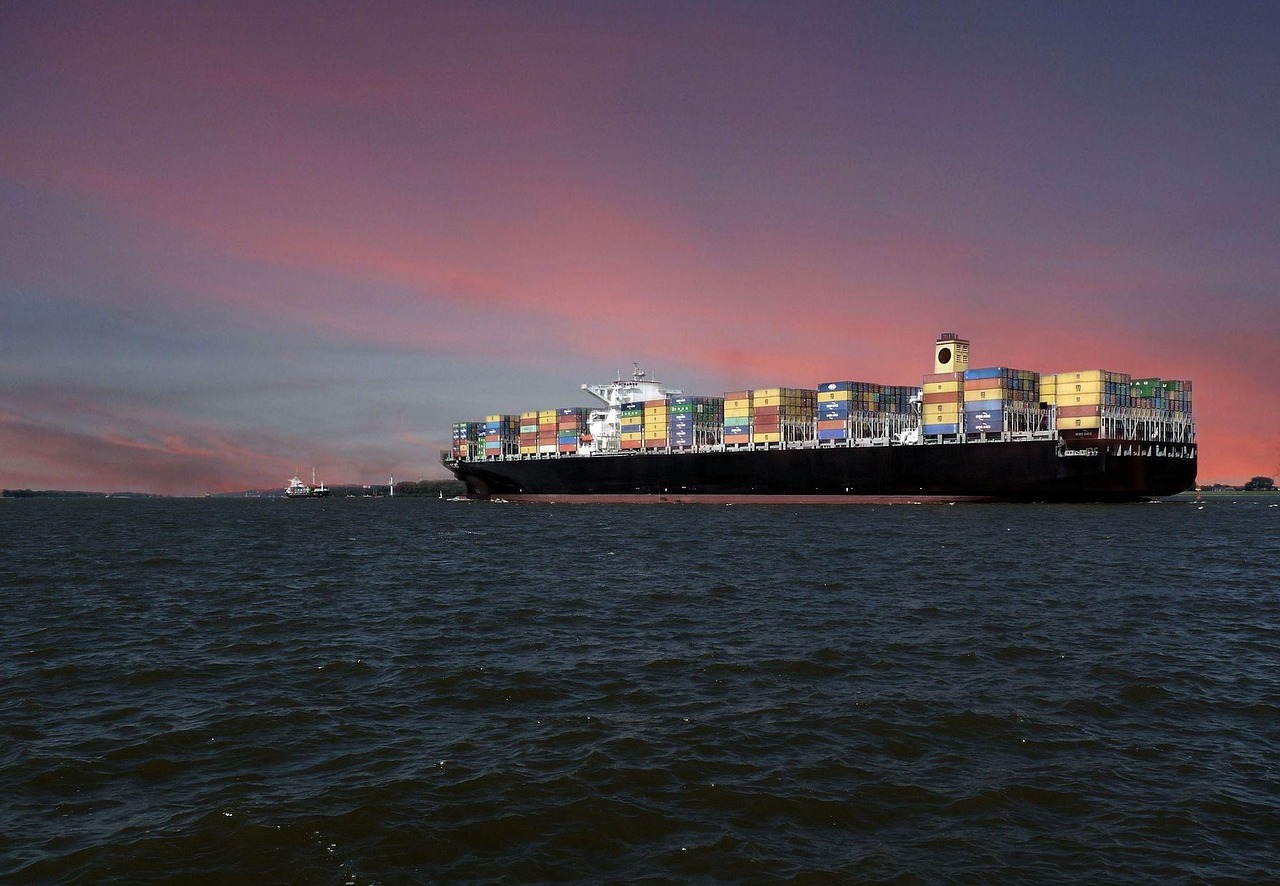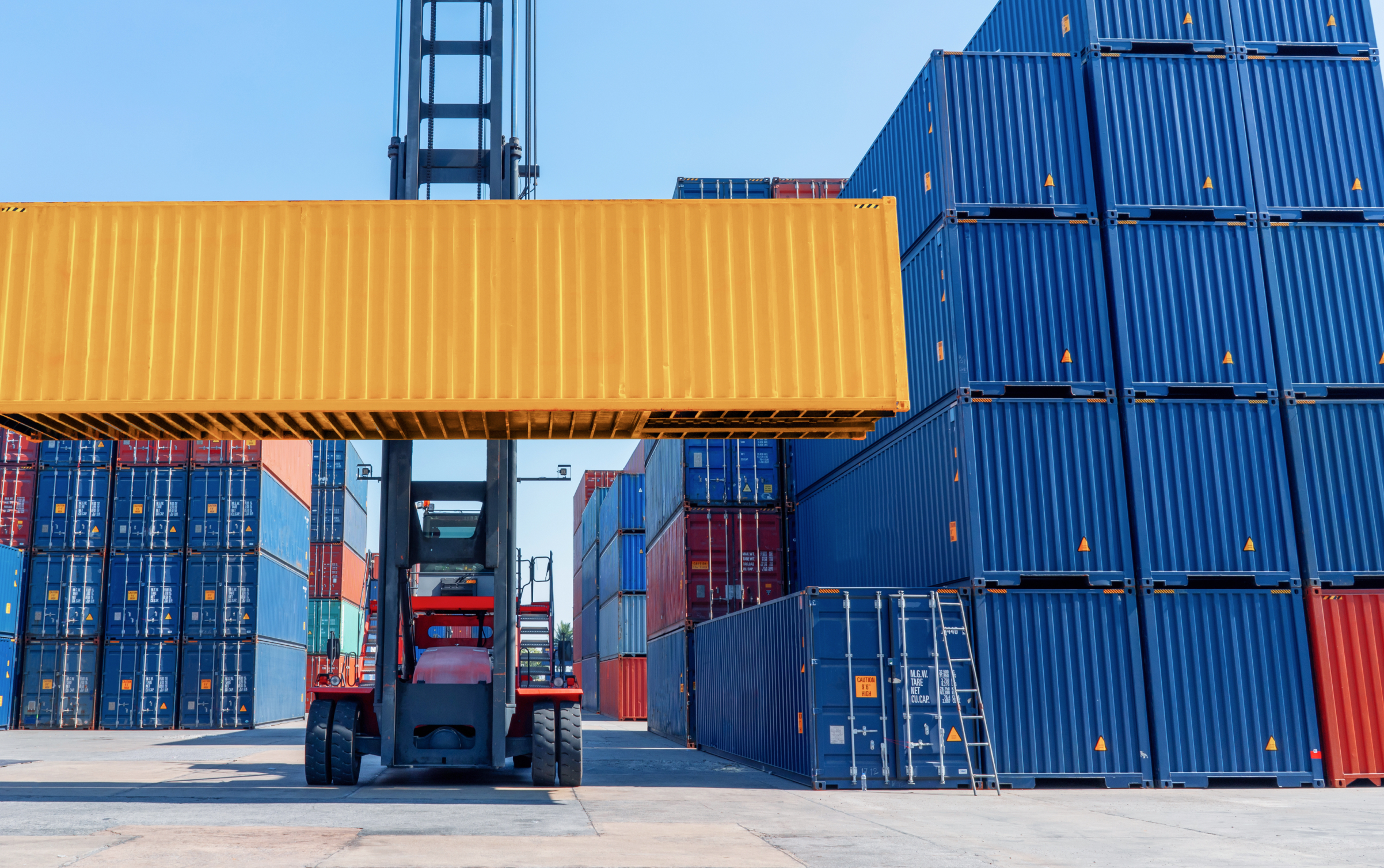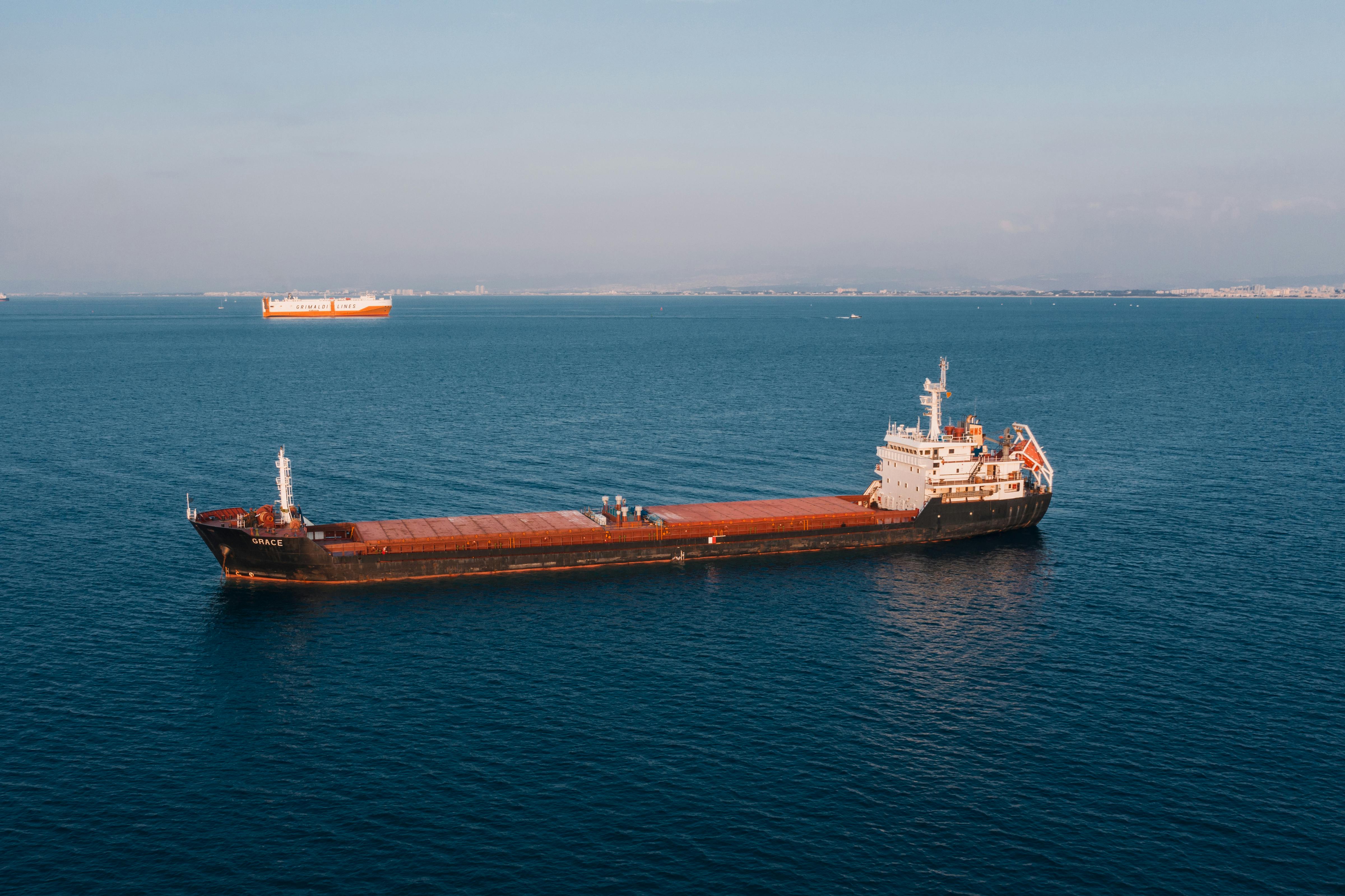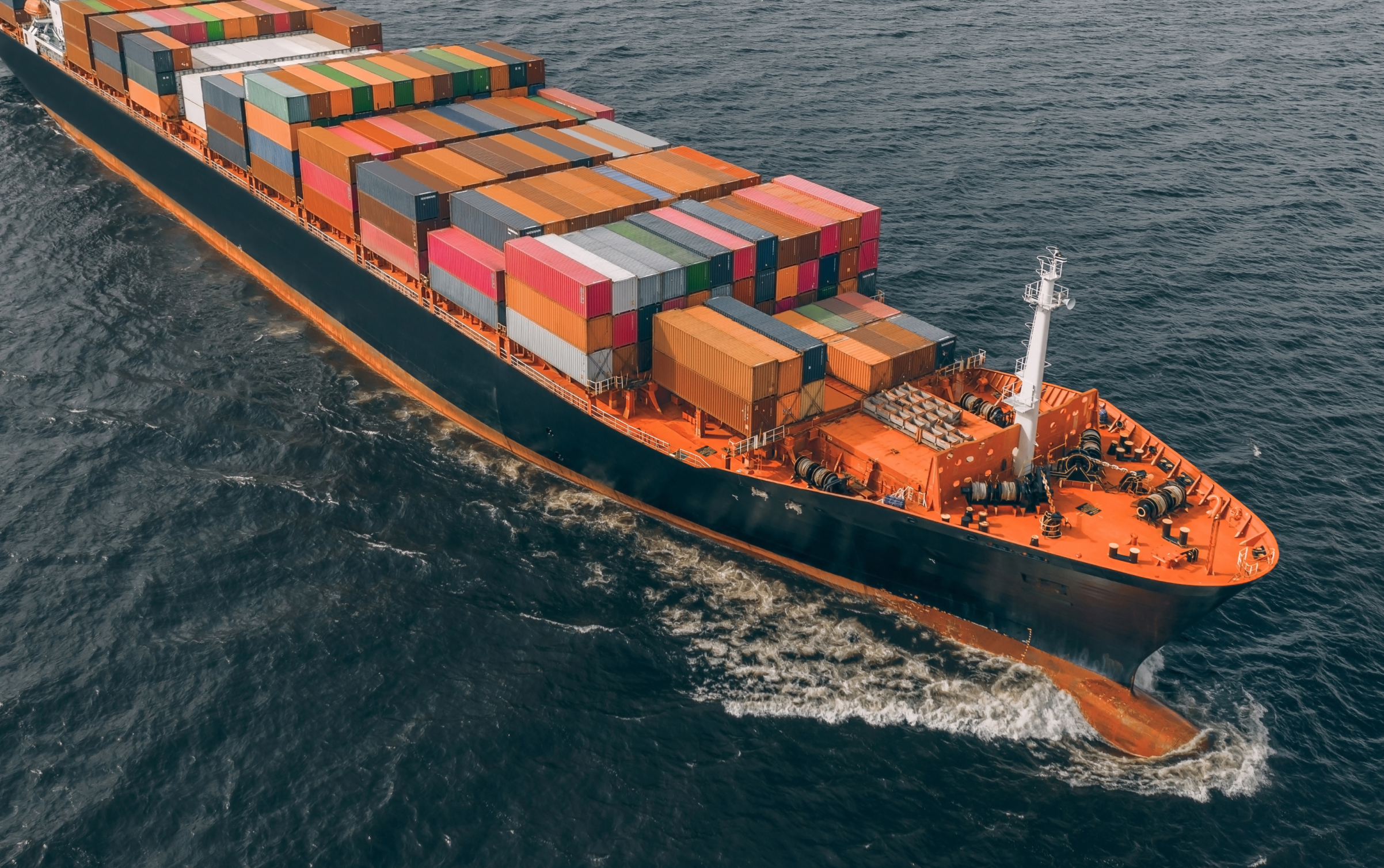Optimizing Operations Through LCL Shipping: A Guide for Shippers and Cargo Owners

LCL shipping presents unique opportunities whereby shippers and supply chains can transport smaller shipments across the globe without paying full container load (FCL) shipping fees. However, without optimizing operations for LCL shipping, it will be challenging for shippers to tap into the full potential of LCL shipping. LCL freight has unique challenges and, if not properly navigated, will leave the business in a world of trouble. While LCL opens up more business for shippers and improves flexibility, there are steps that must be taken to optimize LCL shipping.
LCL shipping can be an effective shipping solution for businesses looking to optimize their logistics strategy by creating a customized LCL solution to manage costs and improve transit times. This article will help equip shippers and cargo owners with the knowledge and strategies needed to realize better outcomes.
Why is Less Than Container Load Shipping Important in International Shipping and Global Commerce?
The world has changed. Technology has made it a global village, meaning more businesses can connect with people in different parts of the world. The problem is that, in most cases, shippers do not want and cannot afford to move large volumes of cargo into new markets. The answer to this is LCL shipping. It makes the following possible:
Lower Cost of Shipping
With LCL shipping, shippers only have to pay for the space their cargo takes up in an entire container. This is opposed to paying for the entire container, allowing supply chains to reduce individual shipping costs. Because LCL shipping provokes smaller yet more frequent shipments, supply chains do not have to spend so much on inventory holding costs, minimizing the need for extensive storage. Through LCL shipping, businesses can scale shipments gradually, mitigating risks and avoiding the costs of prematurely switching to full container loads.
Supply Chain Flexibility
LCL cargo has made it possible for more cargo owners to scale and shrink their order volumes when needed. When demand is high, these businesses can leverage FCL shipping; when it is low, they can leverage LCL shipping as a flexible shipping solution without paying for the entire container. It makes the supply chain more flexible and able to meet demands as needed. LCL shipments also allow businesses to ship to multiple customers in different locations at the same time. This way, the business can spread the cost of FCL shipping across multiple customers and shipments.
Reduced Risk Exposure
Imagine losing a full container load (FCL) freight worth hundreds of thousands and sometimes millions of dollars. Yes, insurance will most likely cover it, but the disruption alone can devastate the supply chain. Considering the recent global conflicts and compromisation of shipping routes such as the Red Sea, it is very possible.
While losing LCL freight is also damaging to operations, it is objectively not as exaggerated as it would be with FCL. This allows the supply chain to recover quicker, and if they have consistent sailing schedules, ensure order processing continues without severe hiccups. In a way, LCL cargo transportation can reduce the business's exposure to damages or loss of goods. With the geopolitics being what it is, that could be very crucial for supply chains.
Strategies for Optimizing The LCL Ocean Freight Operation

While LCL shipping offers a lot of flexibility to shippers, it needs to be optimized to realize its full benefits. A customized LCL shipping solution can help optimize transit times and manage costs effectively. There are a few strategies that can be leveraged:
Proper Packaging
A big feature of the LCL freight is the consolidation process, which brings similar goods together under one container before shipping commences. The problem with consolidation is that if done poorly, it could expose the goods to damages and sometimes theft or loss, because of the other goods in the container and the cargo handling involved. So, although the LCL shipment may be small in volume, size, and value, it can still create some problems. That is why proper packaging is very important. Use environmentally friendly packages while at it and ensure that they protect the cargo firmly.
Have Documentation in Order
Documentation is a non-negotiable in the world of LCL logistics. The nature of a container containing different shipments belonging to different parties naturally draws attention from customs authorities across the globe. That is why having all the necessary documentation is a must for any LCL shipping operation. You may consult with your freight forwarder if you are not sure about the necessary documentation, but always ensure the following are included: commercial invoice, bill of lading, packing lists, and certificates of origin.
Partner with a Reliable Service Provider or Freight Forwarder
Getting LCL shipping right will, in many cases, depend on the shipping solution provided by the freight forwarder or freight forwarding business being leveraged. The freight forwarder oversees the consolidation process and ensures that all shipments are properly and securely arranged in the shipping container. In many cases, the freight forwarder will handle the documentation or at least review it to ensure everything is in order, and they will have access to the best carriers that will guarantee your goods get to their destination in one piece.
At Silq, we take control of the entire LCL shipping process. From the factory to the very last destination, whether it is through air freight or ocean freight. Our experience, expertise, and technology solutions ensure your LCL logistics are fully optimized for effectiveness.
Why Leverage Silq’s LCL Shipping Options?
Silq was built with shippers and their operations in mind. The rationale is this: the supply chain is already complicated enough. What is the one big metric we can aid with that will impact the overall supply chain? Our answer was shipping, and we do it very well. Be it Less than container load (LCL) freight, FCL shipment, or shared containers, Silq provides an effective shipping solution to optimize your shipping operations.
Ready for Supply Chain Predictability?
Importers using Silq ship smarter, safer, and with total control.







